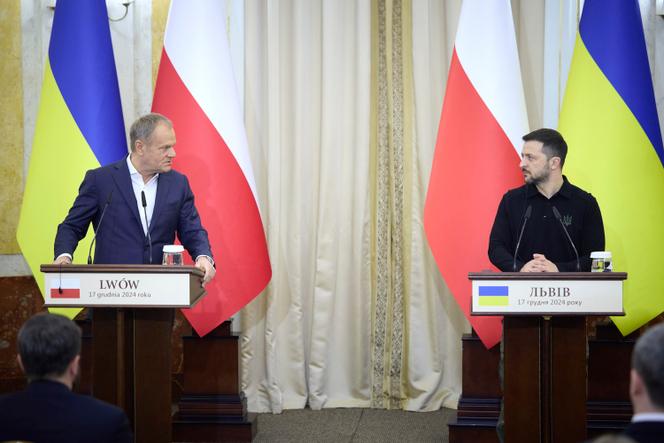

LETTER FROM WARSAW

It's an open secret that's becoming increasingly difficult to keep. Despite their avowed friendship and unfailing support, relations between Warsaw and Kyiv are paradoxically full of misunderstandings, mutual incomprehension and disenchantment. So many bones of contention have built up over the years that the two countries' shared interests in the ongoing war and the geopolitical situation are barely enough to mask these latent diplomatic tensions.
The recurring subject of this disagreement remains the question of the memory of the Volhynia massacre, a vast ethnic purge perpetrated by Ukrainian nationalist militias between 1942 and 1944 in this region of north-western Ukraine, Polish territory in the inter-war period, where Poles and Ukrainians lived side by side. Between 80,000 and 100,000 Polish civilians lost their lives in these purges, which led to reprisals by the Polish resistance against around 10,000 Ukrainians, as well as major population displacements.
The wound of this trauma, taboo during the Communist era, remains alive in Poland, while in Ukraine, official historiography refers to it as a Polish-Ukrainian war, in which the faults were shared and the number of victims symmetrical. The patriotic impulse that accompanied the Ukrainians' struggle against the Russian invader also gave rise to a policy of glorifying the leaders of the nationalist militias responsible for these exactions, as heroes of the struggle for independence, an inaudible narrative for Warsaw.
You have 74.37% of this article left to read. The rest is for subscribers only.
